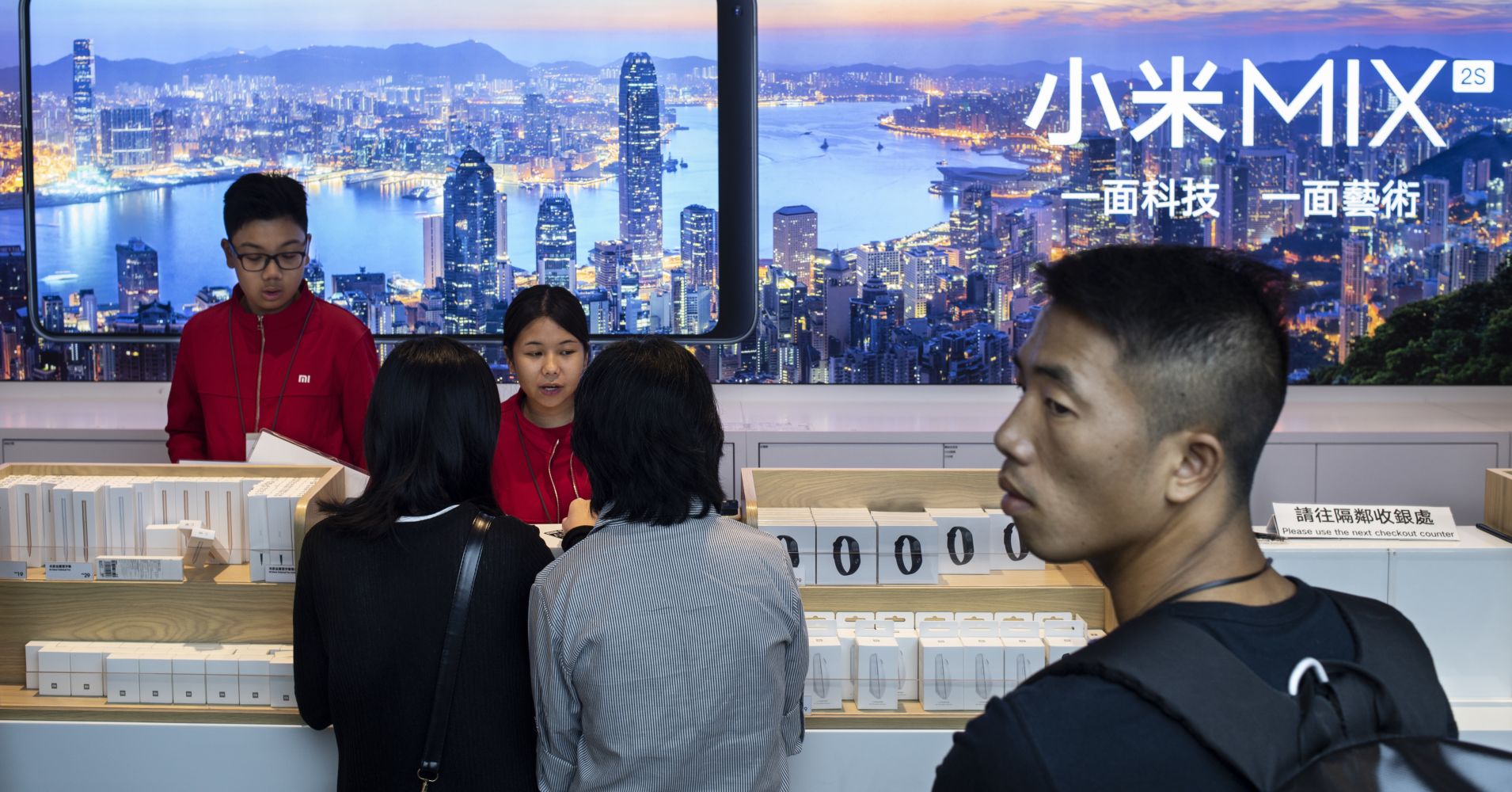Executives at private equity giant KKR recently visited China and came away believing that a powerful investing opportunity awaits, due in significant part to the ongoing trade war.
China already has been trying to adapt from an export-based economy to one powered by consumers, particularly the burgeoning millennial crowd and its appetite for the latest technological gadgets and apparel trends. The process, though, has been slow and questions have been raised about whether the nation can maintain its long tradition of being among the world’s growth leaders.
That’s about to change, according to an analysis by Henry McVey, KKR’s head of global macro and asset allocation. The firm manages $148.5 billion and was ranked second in the world for 2017 in funds raised among its peers, according to Private Equity International.
McVey and his fellow executives saw a nation in transition, pushed most recently by the Trump administration’s move to levy billions in tariffs against Chinese imports.
“Overall, we believe that the current trade wars with the United States will only accelerate China’s shift away from an export economy dependent on global trade/flows towards a more self-reliant consumer services economy that is gaining prominence, particularly within Asia,” he wrote.
“No doubt, this transition will take time, and it will likely be complicated in the near term by the political agendas of both the East and the West,” McVey added. “However, the long-term trends of the Chinese millennials helping to accelerate the transition of the nation towards more of a domestically focused, services-based economy with increasing technological advancements is undeniable.”
For investors, that will mean “a significant long-term opportunity” despite the trade tensions, amid a need “to help fund this transition and receive potentially outsized returns along the way.”
At an industry level, KKR sees technology and agriculture as being the main areas of interest. Semiconductors and soybeans have been key impacted areas during the ongoing trade battles, and are thus positioned best to provide a chance to capitalize, according to the analysis.
On a macroeconomic level, the surging millennial population is setting up as a big difference-maker.
The demographic numbers 828 million strong in China, compared to just 66 million in the U.S. They’re heavily influenced by online shopping sites, which in turn will drive the nation’s economic future, McVey wrote.
“The power of Baidu, Alibaba, and Tencent (BAT) to decide which companies succeed or fail in China’s vast consumer and corporate markets has become both outsized and unprecedented,” he said.
“Indeed, by being part of the BAT network and infrastructure, several of the companies we met with in the healthy foods, data center, and logistics businesses are quickly emerging as almost preordained winners, often at the expense of incumbent companies in the more traditional consumer categories (many of which are multinational players).”
The change is “secular, not cyclical, and it has critical implications for return on capital in the Chinese corporate sector,” McVey added.
The enthusiasm did come with a note of caution: Growth in China has been uneven across sectors, with financials serving as a counterweight to otherwise strong performance. McVey said crosscurrents in both domestic and international policies can “materially enhance or diminish the investment thesis.


 Signal2forex.com - Best Forex robots and signals
Signal2forex.com - Best Forex robots and signals




